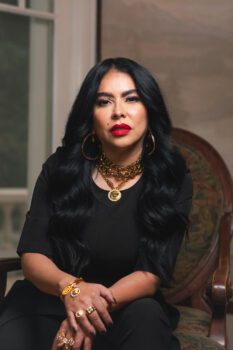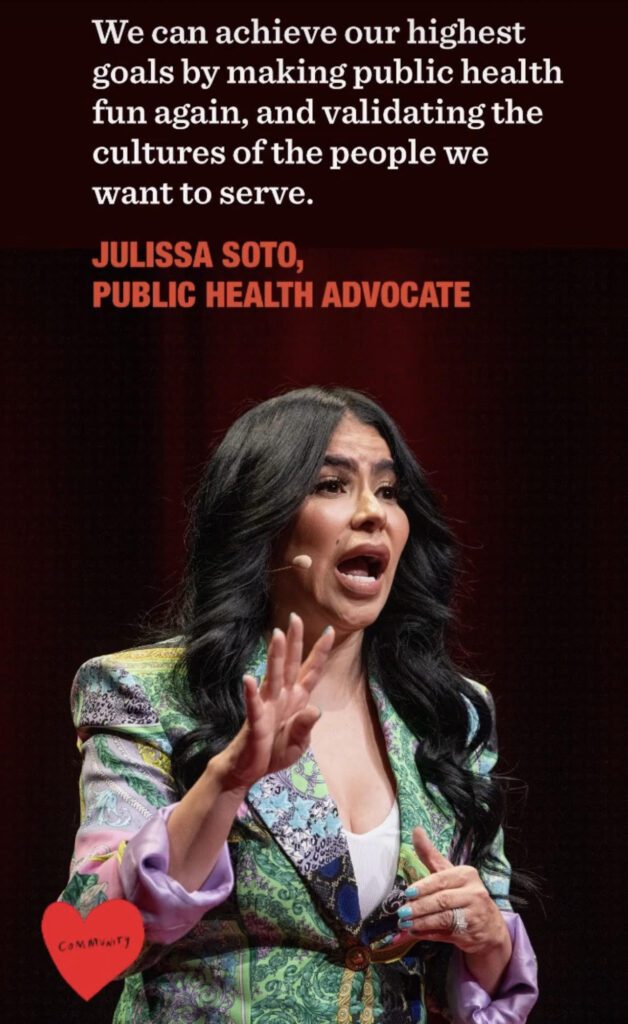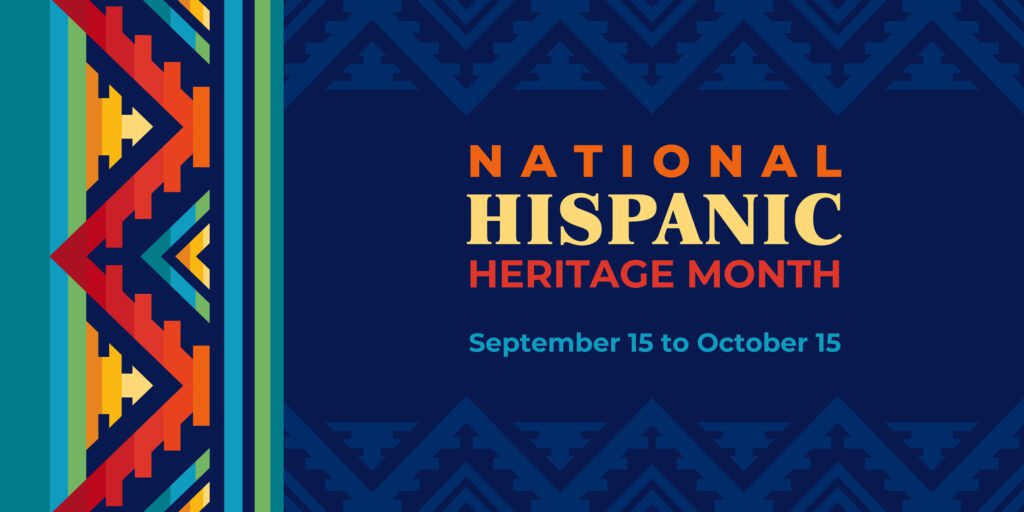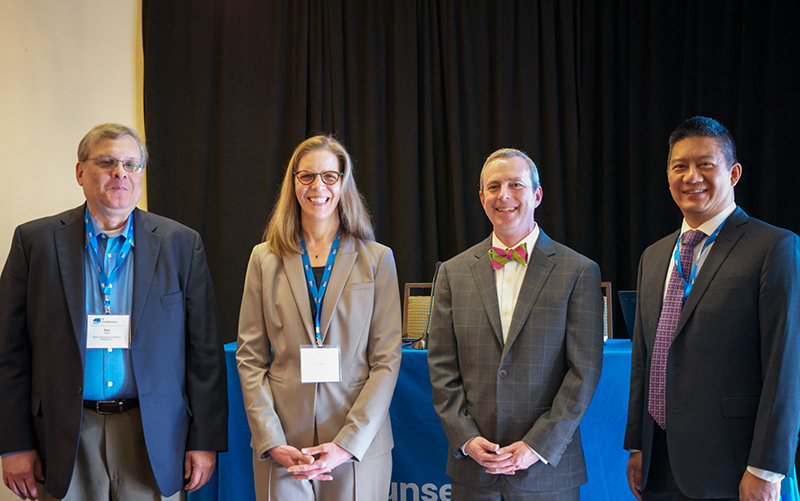September 15 marks the start of Hispanic Heritage Month, an annual reminder and chance to honor the countless contributions made by members of the Hispanic community to the United States. This is always an opportunity both for celebration and reflection.

A great deal of important work must keep moving forward to tackle inequities in access to care and improve patient outcomes in Hispanic communities. This challenge is not only present in the long-term but must also be kept in mind and addressed now as we come up on both RSV as well as flu season. Furthermore, in this post-pandemic world, new strains of COVID remain concerning in this new normal.
Bio.News recently caught up with longtime public health advocate and health equity consultant Julissa Soto. Based in Denver, Colorado, Soto is the CEO of Julissa Soto Latino Health Equity Consulting. We discussed with Soto her thoughts on the importance of Hispanic Heritage Month, what challenges face the community, and what can be done to face them.
The following has been edited for length and clarity.
Bio.News: What does Hispanic Heritage Month mean to you?
Julissa Soto: As an immigrant from Michoacán [in Mexico,] 28 years ago, I’m proud of both my new country with its opportunities and the country of my birth with its myriad colorful cultures and beautiful traditions. Both countries made me the person who I am.
With a bloodline of both my indigenous and European ancestors in Mexico, I’m able to cope, able to adapt, and able to persevere. I am able to love and care and support other immigrants like me as they too try to cope, adapt, and persevere. And I am able to merge the heritage of my adopted country with my Latino birth heritage, taking the best of both to create a stronger and even more resilient heritage for our futures as Latino Americans.
Bio.News: In your opinion, what is the greatest public health challenge facing the Latinx community at this moment?
Julissa Soto: Overcoming the fear, suspicion, mistrust of a public health system that we as immigrants sense is so marginalizing that we don’t utilize it to prevent illness that could be prevented.
Bio.News: What can members of the Hispanic community do to have a greater impact in their advocacy efforts and what can others do as allies in supporting those efforts?
Julissa Soto: Public health has to be willing to validate the Latino culture and authentically engage people so that they can overcome the past barriers of mistrust. With that, the Latino community can begin to build a culture of health in their communities that is of their making that protects the health of all of us.
Bio.News: What is your message to members of Hispanic communities regarding immunization as we approach flu and RSV season, as well as COVID in light of the Pirola variant?
Julissa Soto: In the face of all the disinformation and misinformation, wherever it comes from, look at vaccination and its history of ending what were once deadly diseases. Smallpox, polio, tetanus, diphtheria, and so many others are no longer deadly diseases, as they were in the time of our ancestors. Now, with the new diseases on the horizon as well as the possibilities of the old diseases coming back, consider vaccination as act of love to protect not only your health, but your family’s health. Remember that vaccines save lives. Lastly, access to vaccines is a right, not a privilege!
This Hispanic Heritage Month brings more to celebrate
There is no doubt that Hispanic, Latinx, and Afro-Latinx communities have made the United States a more vibrant country and will continue to do so in the years ahead. The Biotechnology Innovation Organization (BIO) takes great pride in working towards better health outcomes – for all patients, including in these communities – supported by the innovation of our members.
Hispanic Heritage Month is an important opportunity to recognize the dedication of community advocates and innovators alike, who do this essential work each and every month of the year.
As we approach flu and RSV season, it is worth noting that the U.S. Food and Drug Administration (FDA) has approved updated COVID vaccines. Read more about it at Bio.News.





